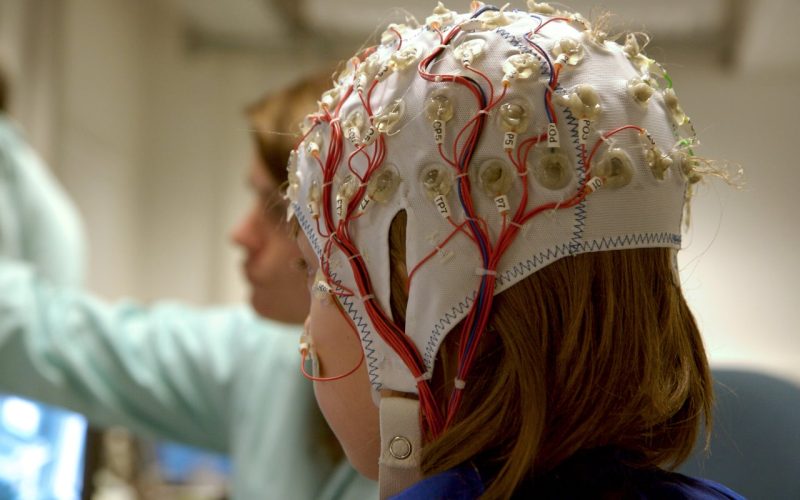Pediatric neurologist Floor Jansen of the UMC Utrecht Brain Center has received a grant of nearly 1.4 million euros from science funder ZonMw. She will use that money to work with pediatric neurologists from epilepsy centers SEIN and Kempenhaeghe, the MUMC and Erasmus MC, and with researchers from the AUMC and Radboudumc for four years to study the effectiveness of medicinal cannabis in the treatment of epilepsy in children.
Some 20,000 children with epilepsy live in the Netherlands. One third of these have difficult-to-treat epilepsy, meaning they continue to have seizures despite usual medication. Research therefore focuses on finding alternative treatments to control epileptic seizures, with the aim of improving the quality of life of these patients.
The ZonMw grant falls under the Good Use of Medicines program, which focuses specifically on personalized treatments. Floor Jansen explains: “We are looking at the right drug, in the right dosage, for the right patient and at the right time.” Previous research showed that cannabidiol (or: CBD) caused children with specific epilepsy syndromesto have fewer seizures. Because of this research, the drug has been approved for use in these syndromes, and has recently been reimbursed.
The effect of CBD in patients with other, often rare forms of epilepsy has not been studied well enough. Also, many patients did not improve sufficiently in previous research. Floor: “Our research therefore focuses on the individual: instead of looking at a group, we look per patient whether the drug is effective. We want to investigate whether the number of attacks decreases. We also look at other effects that are important for a patient. Think of less use of emergency medication against prolonged seizures, change in alertness or better sleep.” EpilepsieNL, the patient organization for people with epilepsy, considers this aspect very important and will participate in the project. It is expected that by the end of 2023 the first patients will be included in this study.
In addition to a clinical trial, the research also includes an experimental component. Floor says: “It is not known how CBD works at the cellular level, so we also want to study that. To do this, we are culturing nerve cells from stem cells of patients who have a genetic form of epilepsy. We are studying what effect CBD has on the excitability of these brain cells, and whether this corresponds to the effect that use of CBD shows in the patient. This will give us a better idea of what the underlying mechanisms are.”
Floor hopes that after the study, neurologists will be able to better predict for which patient CBD is an effective treatment. Because CBD is expensive and can also have side effects, that’s important to know. Floor: “In patients who we expect to respond to the drug, we can then decide not to wait too long with treatment. And conversely, patients in whom we expect no effect are not unnecessarily exposed to possible side effects. Ultimately, we aim to provide the most effective, safe and affordable treatment possible for individual patients.”

